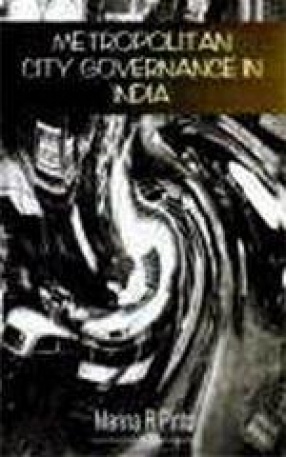The process of urbanisation in a developing country is both inevitable and rapid. The Census of 1991 placed India’s urban population at 217.17 million, an increase of 247 per cent over the 1957 Census. Despite this phenomenal growth, little attention has been paid to urban local government. Addressing this lacuna, this book critically evaluates city management in the four burgeoning metropolitan cities of Mumbai, Chennai, Delhi and Calcutta. The book begins with an introduction that sets out the main theories and views on local government, including the democracy versus efficiency debate. It also studies the concept of ‘new localism’ in the context of liberalisation, globalisation and privatisation. This is followed by a study of institutional designs in America and Britain in relation to India, after which each of the four metropolises are profiled separately. The nature and degree of their urbanisation and the structure and functioning of their municipal corporations are compared. The role of the mayor/Commissioner, state-local relations and interactions with other unifunctional agencies, development authorities and non-governmental organisations are also discussed. Based on research through questionnaires, field trips and interviews. Marina Pinto voices concern about the existing modes of civic management and argues strongly for a participatory model that would reflect the empowerment of the people without sacrificing the need for professionalism in the prompt and efficient delivery of services. This timely study of city management will be of interest to students and professionals in the fields of urban studies, local government, urban/civic management, public administration, political science, and policy/planning, as also to government and non-government development agencies.
Principles of Microeconomics-I
$13.50
$15.00





There are no reviews yet.